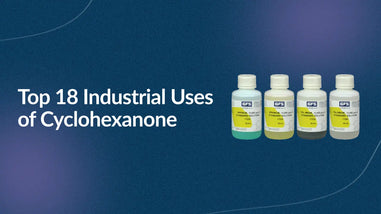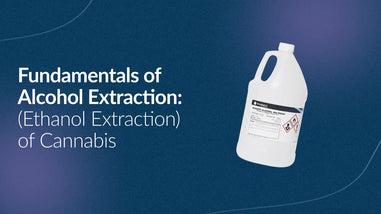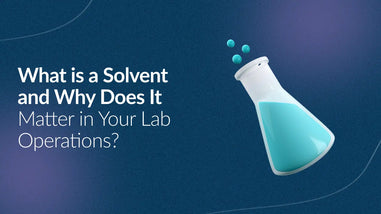- No products in the cart.
Deionized water, often referred to as DI water, plays a critical role in numerous industries and scientific applications. Its high purity and absence of ions make it essential for processes that require ultra-clean water. In this blog, we will delve into the science behind deionized water, exploring the purification process and understanding how it achieves such high levels of purity.
What is Deionized Water (DI Water)?
Deionized water is water that has undergone a purification process to remove ions and impurities. It is produced through the process of deionization or ion exchange, which eliminates mineral salts, dissolved solids, and charged particles. Unlike tap water or other forms of purified water, deionized water has a significantly lower conductivity due to its extremely low concentration of ions.

The Deionization Process:
Deionization involves passing the water through specially designed deionization units that contain ion exchange resins. These resins consist of small beads with charged functional groups. As the water flows through the resin bed, the ions in the water are exchanged with the ions on the resin beads. Cations (positively charged ions) are replaced with hydrogen ions, while anions (negatively charged ions) are replaced with hydroxide ions.
The ion exchange process continues until the resin bed becomes saturated with ions. At this point, the deionization unit undergoes a regeneration process to remove the captured ions and restore the resin's capacity. This can be achieved by using chemicals or applying an electrical current to separate the ions from the resin.
Achieving High Purity:
The purification process for deionized water varies depending on the application. However, the general process is as follows:
- The water is first filtered to remove large particles.
- The water is then passed through an ion exchange column. The ion exchange column removes ions from the water.
- The water is then passed through a polishing filter. The polishing filter removes any remaining impurities from the water.
The deionized water is then ready for use.
Applications of Deionized Water:
Deionized water is used in a variety of applications, including:
- Laboratory experiments: Deionized water is used in laboratory experiments because it is free of ions. Ions can interfere with the results of laboratory experiments.
- Electronics manufacturing: Deionized water is used in electronics manufacturing because it is free of contaminants. Contaminants can damage electronic components.
- Pharmaceutical manufacturing: Deionized water is used in pharmaceutical manufacturing because it is free of bacteria and viruses. Bacteria and viruses can contaminate pharmaceutical products.
- Water treatment: Deionized water is used in water treatment to remove impurities from water. Impurities can make water unsafe to drink or use for other purposes.
Quality Control and Monitoring:
Ensuring the consistent quality of deionized water is crucial in many applications. Regular monitoring and testing are conducted to measure its conductivity, resistivity, pH levels, and the presence of impurities. Water quality standards, such as ASTM or ISO guidelines, help define the acceptable levels of purity for specific applications.
Benefits of Using DI Water:
Here are some of the benefits of using deionized water:
- Free of ions: Deionized water is free of ions. This means that it will not interfere with the results of laboratory experiments or the performance of electronic components.
- Free of contaminants: Deionized water is free of contaminants. This means that it is safe to drink and use for other purposes.
- High purity: Deionized water is high purity water. This means that it has a low electrical conductivity.
Conclusion:
Deionized water, with its high purity and absence of ions, plays a vital role in numerous industries and scientific fields. Through the deionization process, water undergoes thorough purification, removing ions and impurities to achieve ultra-clean water. Understanding the science behind deionized water enables us to appreciate its importance in various applications, from laboratory research to electronics manufacturing. The pursuit of high-purity water continues to drive advancements in purification technologies, ensuring a reliable supply of deionized water for critical processes.
For over 40 years, Lab Pro Inc. has been committed to delivering highest quality high purity waters such as deionized water, lab supplies, hand tools, lab equipment, reagents, distance learning kits, and cleanroom PPE apparel. Renowned by global medical device companies and laboratories, we ensure exceptional quality in every product. Contact us online or call 888-452-2776 to learn more. Discover top-notch lab supplies and elevate your experiments today!












































